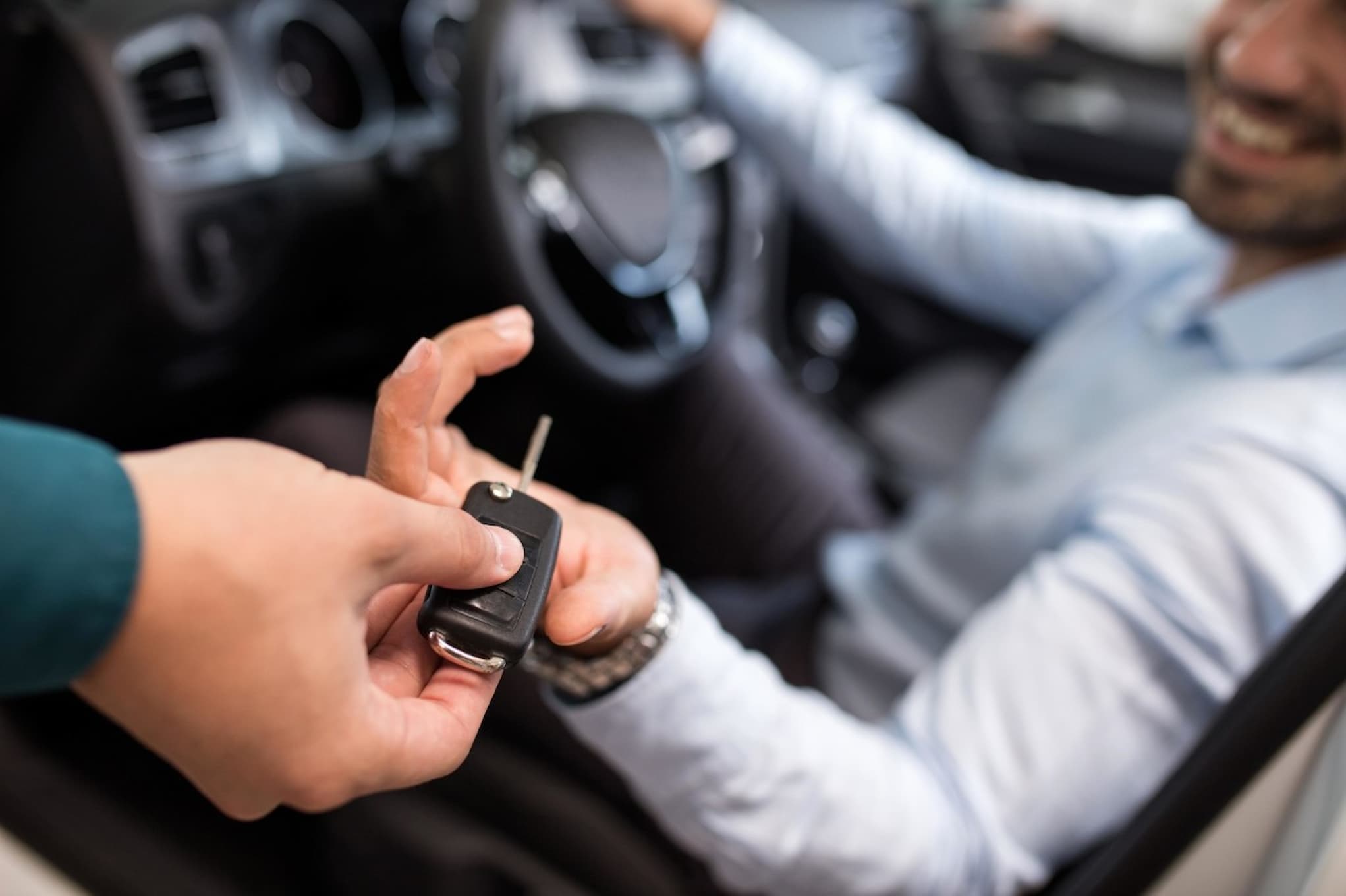Purchasing a used luxury car can be a great way to experience high-end engineering, advanced features, and prestige without the steep price tag of a new model. However, the process of buying a pre-owned luxury vehicle can be more complex than purchasing a standard car. If you’re considering this exciting investment, following these ten essential tips can help you make the right decision and avoid costly pitfalls.
1. Set a Realistic Budget
When buying a used luxury car, it’s easy to get swept up by the allure of high-end models. However, you should set a realistic budget that includes not just the purchase price but also additional costs like insurance, maintenance, and repairs. Luxury cars typically require specialized parts and services, which can be more expensive than regular vehicles. Consider how these costs fit into your long-term financial plan.
Pro Tip: Don’t forget to factor in potential resale value. Luxury cars tend to depreciate more slowly than regular vehicles, but certain models and brands may retain value better than others.
2. Research the Model’s Reliability
Not all luxury cars are created equal when it comes to reliability. Some brands and models are known for their longevity, while others may suffer from frequent mechanical issues. Before committing to a specific car, research the model’s reliability ratings and read reviews from other owners. Look for common problems that may arise with older versions of the car and consider whether these issues could affect your ownership experience.
Websites like Consumer Reports and JD Power offer in-depth information on reliability scores, making them valuable resources during your research phase.
3. Check the Vehicle’s History Report

A vehicle history report is crucial when buying any used car, but especially for luxury vehicles. This report provides details about the car’s past, including any accidents, title issues, odometer readings, and maintenance records. Services like CARFAX or AutoCheck can supply you with this information.
If the car has a history of accidents or repairs, it may have underlying issues that could become costly later on. Be wary of vehicles with title problems such as salvage titles, as these cars may have been rebuilt after a significant crash or flood damage.
4. Have a Pre-Purchase Inspection Done
One of the best ways to protect yourself from buying a lemon is by getting a pre-purchase inspection (PPI) from a qualified mechanic. Luxury cars have sophisticated systems that require specialized knowledge, so it’s essential to have an expert inspect the vehicle thoroughly.
A PPI can reveal hidden mechanical problems that the seller might not disclose or even be aware of. This step may cost a few hundred dollars, but it can save you thousands in repairs and headaches down the road.
5. Understand the True Cost of Ownership
Luxury cars come with additional costs beyond the purchase price, such as higher insurance premiums, more expensive fuel, and specialized maintenance. Some luxury brands require premium gasoline, which is more expensive than regular unleaded fuel. Moreover, luxury vehicles often have advanced technology, specialized engines, and unique parts that can be costly to repair or replace.
Before you make your purchase, consider how much the car will cost to own over time. Calculate annual expenses, including fuel, maintenance, insurance, and potential repair costs. Doing this will help you understand whether owning a luxury car is within your financial reach long-term.
6. Consider Certified Pre-Owned (CPO) Programs

Certified Pre-Owned (CPO) programs offer a great middle ground between buying new and used. A CPO luxury vehicle is thoroughly inspected, refurbished, and certified by the manufacturer, ensuring it meets strict quality standards. These cars often come with extended warranties and additional perks like roadside assistance and free maintenance.
While CPO vehicles are more expensive than regular used cars, they provide peace of mind and protection against costly repairs. If you’re set on a used luxury car but want to minimize risk, opting for a CPO model from a reputable dealership may be a wise choice.
7. Research the Brand’s Reputation for Customer Service
Luxury car brands are known for providing high levels of customer service, but not all brands offer the same level of post-purchase support. Research the reputation of the brand and dealership you’re considering, especially in terms of service and repair. Look into customer reviews and find out whether the company is responsive to issues, provides fast service, and has a reputation for taking care of their customers.
If the brand has a poor reputation for customer service, repairs and maintenance could become a frustrating experience. On the other hand, a brand known for excellent support could make luxury car ownership more enjoyable and hassle-free.
8. Be Cautious of Modifications

Luxury cars are often a target for aftermarket modifications, from engine tuning to upgraded sound systems and body kits. While some modifications can enhance the car’s performance or appearance, others can affect its reliability or void the manufacturer’s warranty. Additionally, heavily modified cars are often driven harder, which could lead to premature wear and tear.
When considering a used luxury car, be cautious of any modifications that may have been made. If possible, ask the seller for documentation of who performed the modifications and whether they were done professionally. It’s best to avoid vehicles with major mechanical alterations unless you’re confident in the quality of the work and understand the potential risks.
9. Negotiate the Price
Negotiation is key when buying a used luxury car, especially from a private seller or independent dealership. Luxury cars often depreciate rapidly, giving you room to negotiate a better deal. Be armed with knowledge about the car’s market value, condition, mileage, and any repairs it may need.
Don’t be afraid to point out any imperfections or necessary fixes during your negotiation. If you’re buying from a dealership, they may also offer incentives or financing deals, so explore these options to see if they can help you save money.
10. Test Drive Multiple Vehicles
Test driving is an essential part of buying any car, but it’s particularly important when purchasing a used luxury vehicle. These cars offer a range of high-end features and performance capabilities, and you’ll want to make sure the vehicle lives up to your expectations.
Test drive several models, even within the same brand, to get a feel for how each one handles and compares in comfort, performance, and technology. Pay attention to the smoothness of the ride, how responsive the engine is, and whether all of the advanced features work as expected. This will give you a better sense of which model suits your needs and lifestyle.
Conclusion
Buying a used luxury car is an exciting prospect, but it requires thorough research and careful consideration. By setting a realistic budget, understanding the true cost of ownership, and following the above tips, you can find the perfect pre-owned luxury car without encountering unnecessary risks. Remember to check the vehicle’s history, have it inspected, and test drive multiple models to ensure you’re making a wise investment. With the right approach, your dream of owning a luxury car can become a reality without breaking the bank.

